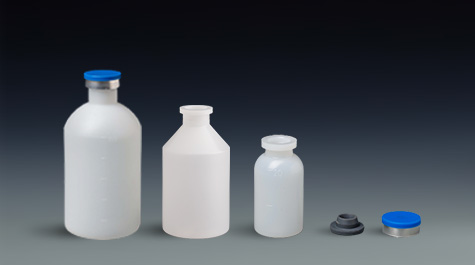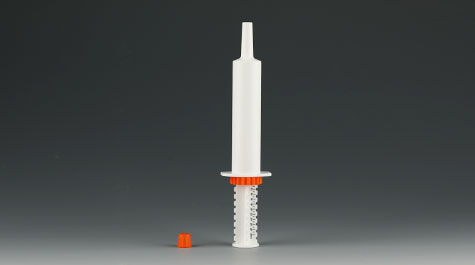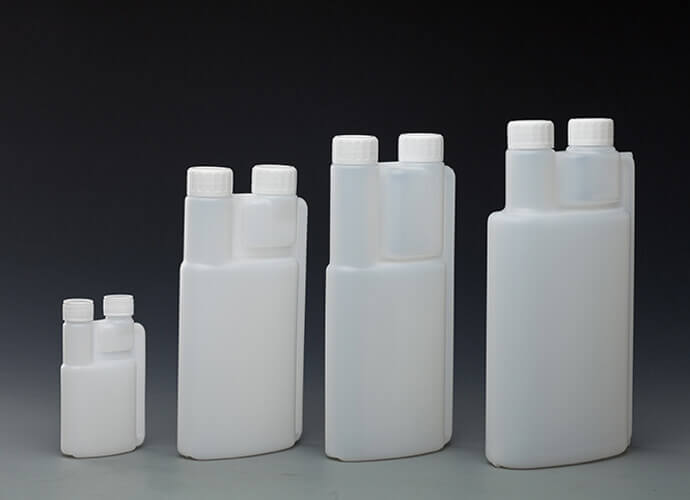Development & Approval Process
Animal Drugs, Animal Biotechnology Products, and Animal Food Additives
Animal Drugs
In most cases, the Federal Food, Drug, and Cosmetic Act requires that an animal drug be approved by FDA before a drug sponsor can legally sell the drug. During this pre-market review, the agency evaluates information submitted by the sponsor to make sure the drug is safe and effective for its intended use and that the drug is properly manufactured and adequately labeled and packaged. (A drug sponsor is the person, company, university, or other entity working to get a drug approved. Typically, drug sponsors are pharmaceutical companies.)
Major Species, Major Uses, Minor Species, and Minor Uses
FDA approves animal drugs for major species, major uses, minor species, and minor uses. The agency classifies horses, dogs, cats, cattle, pigs, chickens, and turkeys as the seven major species. All other animals, such as fish, ferrets, and goats, are minor species.
A major use in a major species is the use of a drug in one of the seven major species for a disease or condition that isn’t rare or limited to a particular part of the U.S. In contrast, a minor use in a major species is the use of a drug in one of the seven major species for a disease or condition that occurs in a small number of animals each year, either because the disease or condition is rare or because it only occurs in a limited part of the country. For example, the use of a drug to treat bovine respiratory disease (BRD) in cattle is a major use in a major species because BRD occurs commonly in cattle throughout the U.S. The use of a drug to control pain in dogs with bone cancer is a minor use in a major species because relatively few dogs get bone cancer each year.
Generic Animal Drugs
In 1988, the Generic Animal Drug and Patent Term Restoration Act amended the Federal Food, Drug, and Cosmetic Act to allow the approval of generic copies of approved brand name animal drugs. After an approved brand name animal drug has been on the market for a specific number of years, another drug sponsor can start the approval process for a generic copy. (The approved brand name animal drug is also called the “reference-listed new animal drug product” or the “pioneer” animal drug.) Just like the brand name animal drug, a generic animal drug must be reviewed and approved by FDA before a drug sponsor can legally sell it.
Medicated Feed and Veterinary Feed Directive Drugs
FDA reviews and approves drugs for use in or on animal feed (this is called a medicated feed). Manufacturers of medicated feed can mix a drug into feed only for the specific uses and at the specific levels allowed by FDA’s approval. During the approval process, FDA determines if veterinary oversight is appropriate for the safe and effective use of the medicated feed. If oversight isn’t needed, the agency approves the medicated feed as an over-the-counter drug. If oversight is needed, the agency approves the medicated feed as a veterinary feed directive (VFD) drug. A VFD is a written order issued by a licensed veterinarian in the course of the veterinarian’s professional practice that authorizes the client (the owner or other animal caretaker) to obtain and use a VFD drug in or on animal feed.
Source from FDA



没有评论:
发表评论